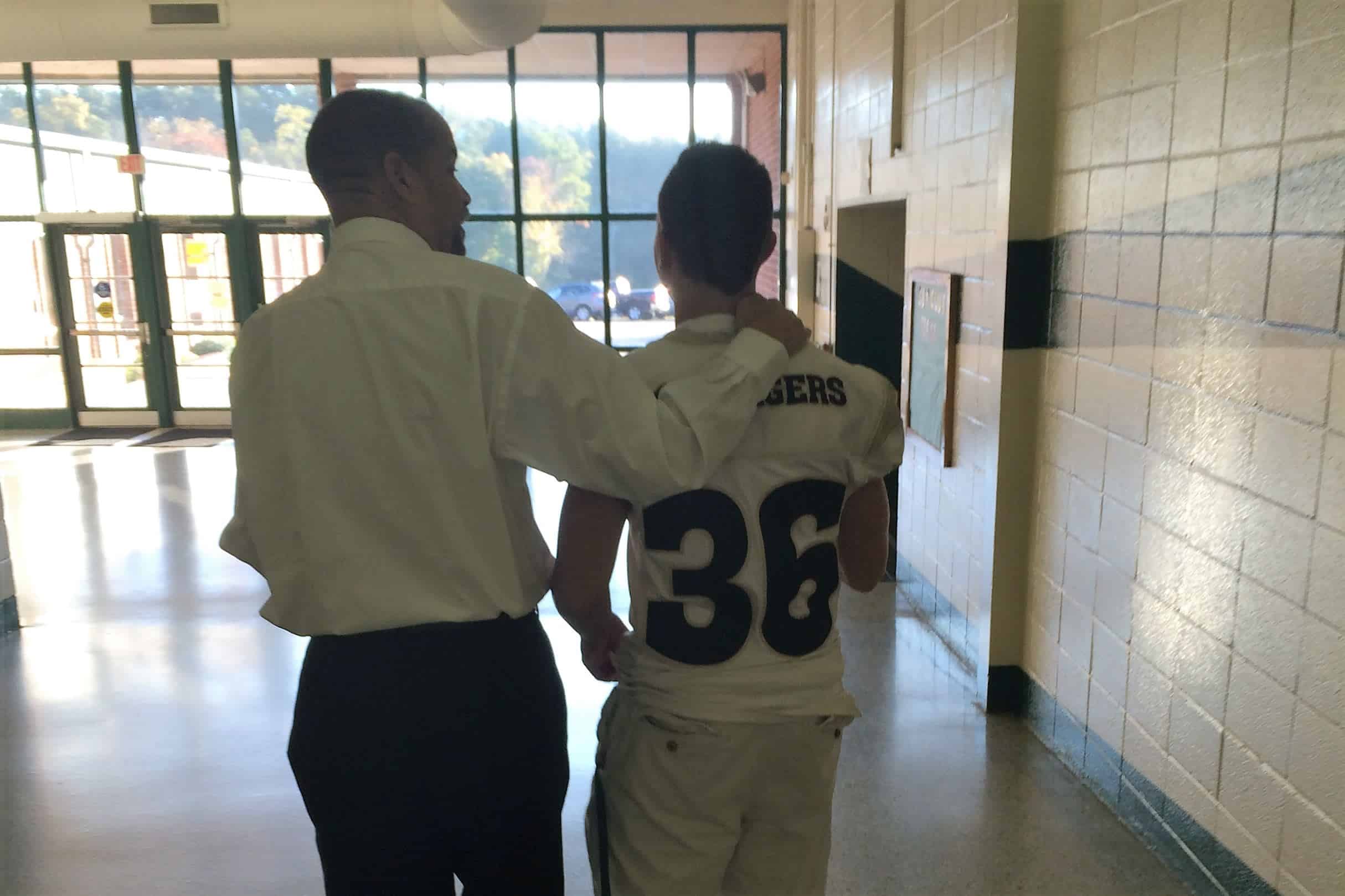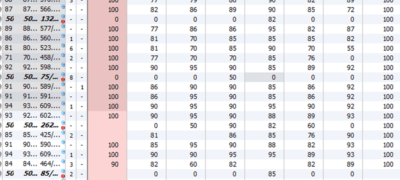There seems to be something amiss when your high school’s football team plays two home games before students even attend their first class. Why? Because we start school too late in North Carolina.
As it stands right now, a special provision in the budget bill in the 2012 legislative session (Senate Bill 187, Session Law 2012-145) amended the law on school calendars to require:
“1. Start date no earlier than the Monday closest to August 26 and end date no later than the Friday closest to June 11 (unless a weather related calendar waiver has been approved, year-round school, charter school or cooperative innovative high school.) If waiver is approved the start date can be no earlier than the Monday closest to August 19.”
The same bill also designates a certain number of workdays and annual leave, and holidays that must be observed.
This is not a good standard to have. North Carolina should allow schools to start early enough to end the first semester before the ubiquitous winter break.
With such an emphasis on test scores and “student achievement” as measured by those same scores, it would make sense to allow the first semester to actually end with exams taken before the winter break. As it stands now, most students in traditional public schools in the state do not take exams for block classes until after the winter break, a time period which generally lasts two weeks.
Some may argue that that is only a two week hiatus, but actually it is longer than that, and it creates an intellectual and mental lapse that affects student scores and ultimately how schools are measured.
Students tend to get excited for the winter break as many look forward to Christmas and other holidays. Commercially speaking, most students are bombarded with other stimuli. Yet, when school reconvenes for the first semester exams, the state and county systems have to create a testing window so that all required stipulations are followed.
Ironically, a whole new year starts on the calendar, but students and teachers are still stuck in the fall semester. Tax forms and W-2’s are being put together because the tax cycle ended. Students are still working on second quarter grades.
With end-of-course tests, state tests, and teacher made exams plus required makeup sessions built in, many public schools are forced to have at least seven (often more) days of testing to accommodate the laws. Add in that a day or two that students need to reacquaint themselves with school. They are coming off a break and thrown straight into a frenzy of testing and have minimal contact with teachers who need review time for exams. Also, consider the holiday for Martin Luther King Jr.’s observed birthday and students are a little more scattered than usual.
On a block schedule (A/B day), this means that for over four weeks of time (holidays and exam schedule combined), a teacher may see his or her students for maybe the equivalent of three class periods. For true block classes that usually have those state exams used to rate schools, that means teachers see their students for maybe five class periods during that same frame.
In a regular four week A/B schedule time period, a teacher usually engages a class for at least 10 class periods. A true block class, at least 20.
This schedule affects the test scores of my students.
So what should happen? Well, schools should start earlier in August to allow for the exam period for the first semester to end before the winter break. Rumor has it that the tourism industry in North Carolina lobbied very hard for schools to start after the “summer” vacation season. That seems profit driven and North Carolina needs to do a lot more than change school calendars to help with its image for tourists.
If you ever teach in high schools, you will see that students actually go on “summer” mode starting in May, when the weather changes and spring sports come to an end. Spring fever is a real thing in schools. When the weather warms, the students become more prone to want to be elsewhere than a classroom.
It seems that changing the calendar for the school year to allow students to finish at the end of May and start toward the first of August gives them a better chance to perform well on the very tests that the very people who dictate school calendars measure those very same students by.
It’s logical. Colleges and universities already do it. Why can’t North Carolina high schools do it?
Besides, it just seems weird to have two football games before you even crack a book for class.
Editor’s Note: For more information about this issue, here is a series of articles about calendar control in North Carolina.



